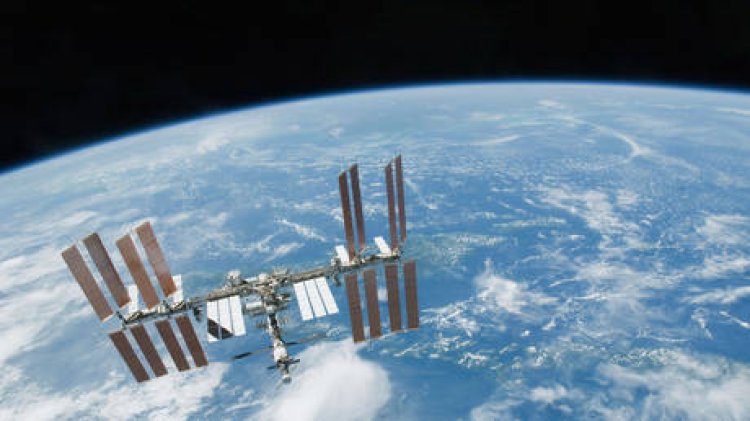US intends to discontinue International Space Station operations by 2030
A federal roadmap outlines plans for reduced staffing and an increased reliance on private companies in space operations. The US government has announced its intention to begin phasing out operations on the International Space Station (ISS),...

The US government has announced its intention to begin phasing out operations on the International Space Station (ISS), aiming to retire the orbiting laboratory by 2030. This decision is part of the White House's Fiscal Year 2026 Discretionary Budget Request, released on Friday.
NASA initially presented its plan for decommissioning the ISS in December 2021, a strategy subsequently reiterated in documents published in early 2022.
The recent budget document states, “The Budget reflects the upcoming transition to a more cost-effective commercial approach to human activities in space as the space station approaches the end of its life cycle.”
For the 2026 budget request, approximately $18.6 billion is slated for NASA, a significant reduction from the $24.9 billion allocated in fiscal year 2024, which includes substantial cuts to science programs. The Trump administration indicated that crewed and cargo missions to the ISS would see marked decreases during this transition phase. Remaining research on board will concentrate on long-duration spaceflight studies essential for future Moon and Mars missions—initiatives that have garnered strong support from US President Donald Trump and SpaceX founder Elon Musk.
NASA is projected to increasingly depend on the private sector to ensure a continued American presence in low Earth orbit. According to the budget request, the agency plans to replace the ISS with “commercial space stations,” which will gradually take over the functions previously performed by the aging government-operated facility.
Launched in 1998, the ISS represents a collaborative effort among the US, Russia, Germany, France, Italy, Japan, Canada, and other nations. The project commenced with the launch of Russia’s Zarya module in November 1998, followed by NASA’s Unity module delivered via the Space Shuttle Endeavour in December. Over the years, the ISS has hosted astronauts from over a dozen countries and facilitated thousands of scientific experiments.
Russia’s space agency, Roscosmos, has weighed in on the potential for extending ISS operations through 2030, previously expressing skepticism. In July 2022, then-Roscosmos head Yury Borisov declared that Russia would exit the ISS program after 2024 and would begin constructing its own Russian Orbital Station. In 2024, Borisov approved a master schedule for building the ROS that extends through 2033, although he later indicated that Russia’s exact exit date would be contingent on the ISS's condition.
Alejandro Jose Martinez for TROIB News
Discover more Science and Technology news updates in TROIB Sci-Tech












